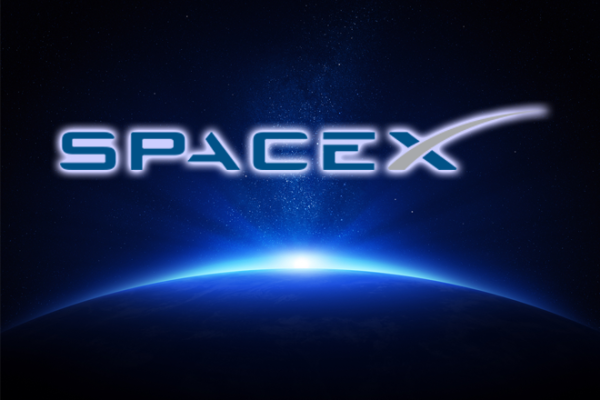This capstone project will ultimately predict if the Space X Falcon 9 first stage will land successfully.
The full report can be found here.
-
SpaceX launches Falcon 9 rockets at a cost of around $62m. This is considerably cheaper than other providers (which usually cost upwards of $165m), and much of the savings are because SpaceX can land, and then re-use the first stage of the rocket.
-
If we can make predictions on whether the first stage will land, we can determine the cost of a launch, and use this information to assess whether or not an alternate company should bid against SpaceX for a rocket launch.
This project follows these steps:
-
Data Collection- Making GET requests to the SpaceX REST API
- Web Scraping
-
Data Wrangling- Using the
.fillna()method to remove NaN values - Using the
.value_counts()method to determine the following:- Number of launches on each site
- Number and occurrence of each orbit
- Number and occurrence of mission outcome per orbit type
- Creating a landing outcome label that shows the following:
- 0 when the booster did not land successfully
- 1 when the booster did land successfully
- Using the
-
Exploratory Data Analysis- Using SQL queries to manipulate and evaluate the SpaceX dataset
- Using Pandas and Matplotlib to visualize relationships between variables, and determine patterns
-
Interactive Visual Analytics- Geospatial analytics using Folium
- Creating an interactive dashboard using Plotly Dash
-
Predictive Analysis(Classification)- Using Scikit-Learn to:
- Pre-process (standardize) the data
- Split the data into training and testing data using train_test_split
- Train different classification models
- Find hyperparameters using GridSearchCV
- Plotting confusion matrices for each classification model
- Assessing the accuracy of each classification model
- Using Scikit-Learn to:
- Using data science methodologies to define and formulate a real-world business problem
- Using data analysis and data visualisation to load a dataset, clean it, and find out interesting insights from it
- Interactive dashboard development with Plotly Dash
- Interactive map development using Folium
- Using machine learning to build a predictive model to help a business function more efficiently
- Structuring and building a data-findings report

